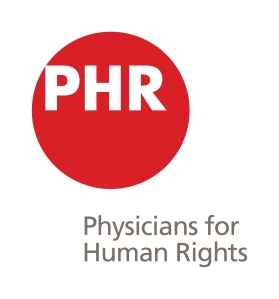Based in Philadelphia, Dr. David Kaicher practices with Crozer-Keystone Health Network – HAN Psychiatry and offers psychotherapy and psychiatric medication management services. Among Dr. David Kaicher’s areas of focus is opioid treatment, with Delaware County residents living with opioid use disorder able to receive quality recovery services.
With the numbers of drug-related deaths countywide reaching record levels of more than 200 per year, heroin and fentanyl are the most common culprits. Most such addictions begin with abuse or overuse of prescribed pain medication, such as codeine, morphine, and oxycodone. The addiction then often leads to use of illegal substances such as heroin.
A grant set in law by Governor Tom Wolf and undertaken in collaboration with the Delaware County Office of Behavioral Health, Division of Drug and Alcohol ensures that all treatment for Delaware County residents is free. This does away with the need for insurance and billing, and ensures that critical care is available to all in need. Crozer-Keystone provides patients with additional services including transportation and placement into a treatment center.





